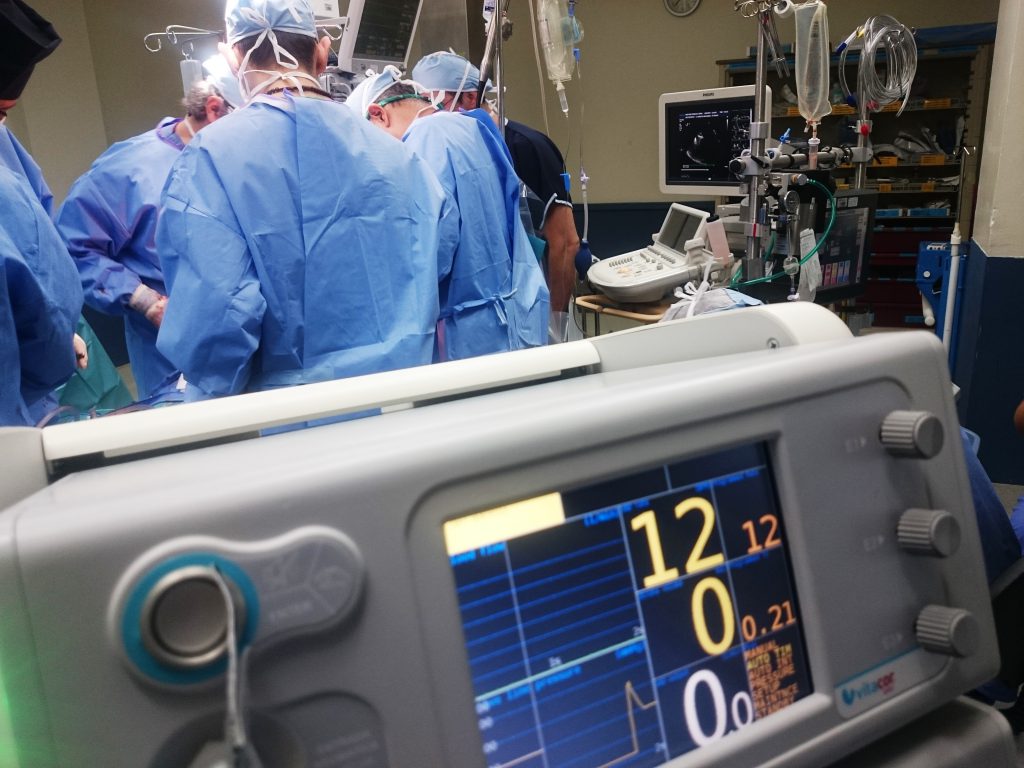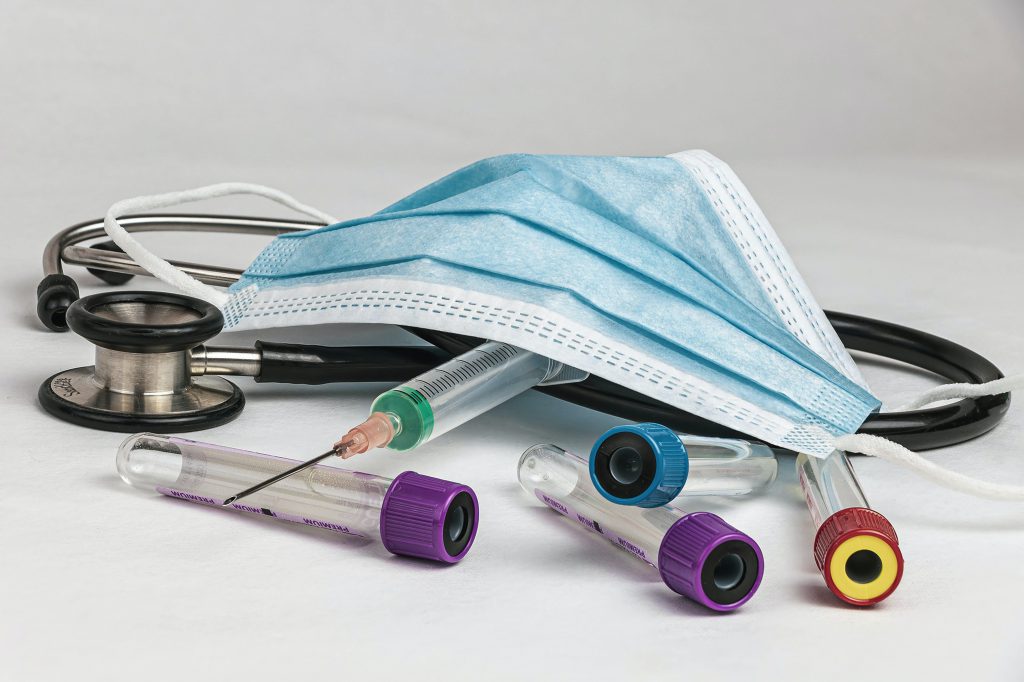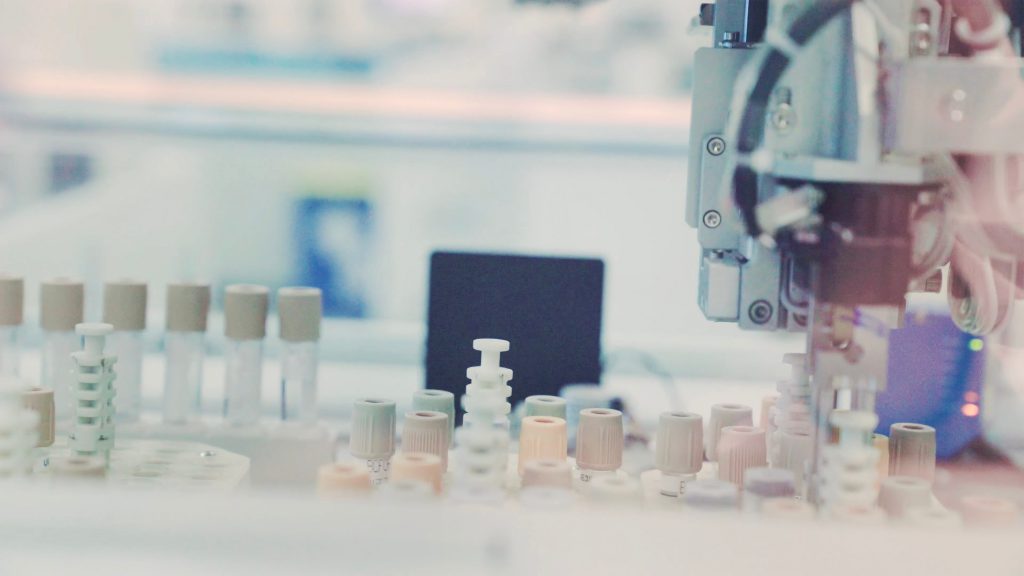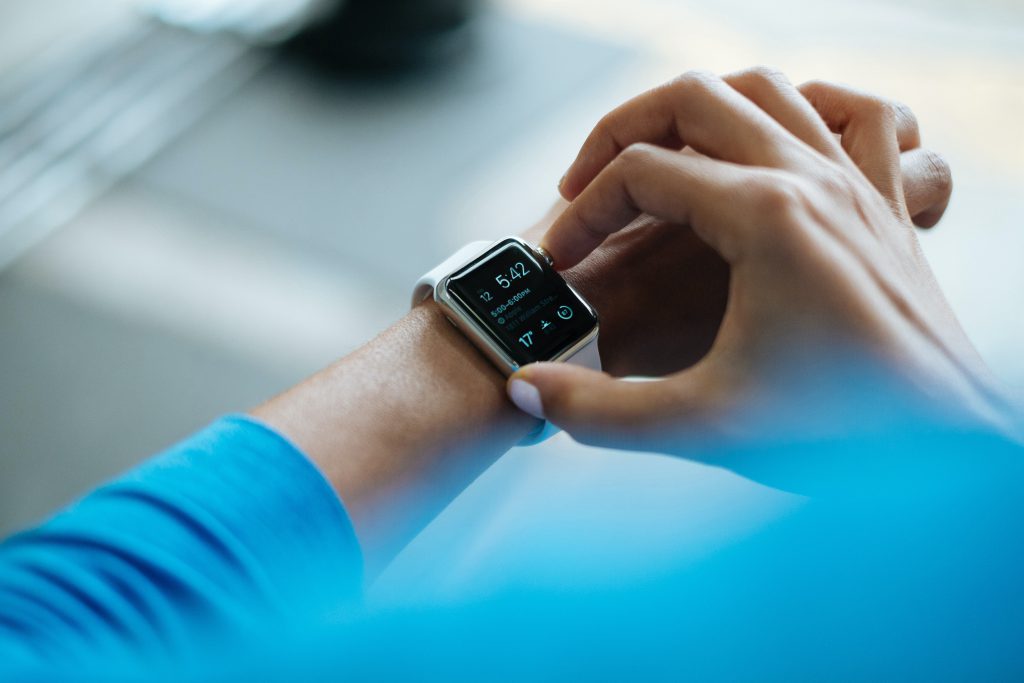Digital marketing has become a cornerstone of successful go-to-market strategies in the MedTech industry. Yet, marketing medical devices presents a distinct set of challenges, from navigating complex regulatory environments to building trust with clinical and procurement audiences.
This guide examines the unique aspects of medical device digital marketing, its evolution in 2025, and the key considerations companies operating in Europe must address to stay ahead.
What Is Medical Device Digital Marketing?
Medical device digital marketing refers to the use of online channels and technologies to promote medical devices to healthcare professionals, procurement stakeholders, and, when allowed, patients or caregivers. These efforts must strictly comply with applicable regulations and ethical standards while communicating value, efficacy, and safety clearly.
Unlike traditional advertising, digital marketing enables real-time, measurable, and often personalized engagement across the buyer journey. From search engines to webinars and content hubs, medical device marketers use a blend of tactics to educate, influence, and convert target audiences.
Key Channels in Medical Device Digital Marketing
SEO and Website Optimization
Your website is often the first point of contact. A well-optimized, medically accurate, and user-friendly website is foundational.
- Use language aligned with your intended use claims.
- Ensure content is accessible, fast-loading, and mobile-optimized.
- Implement structured data (e.g., FAQ schema) to increase visibility in AI-driven search.
Paid Media & PPC
Paid campaigns can amplify reach, especially when launching a new device or entering a competitive market.
- Google Ads must comply with medical advertising policies and applicable national regulations.
- LinkedIn is commonly used for B2B outreach in medical devices.
Social Media & Video
Social media can support brand awareness and education. LinkedIn and YouTube are primary platforms for medical device marketing.
- Short educational videos can support product understanding and HCP engagement.
- Always disclose sponsorship and avoid off-label discussions.
Email & Marketing Automation
Email campaigns are effective for clinical updates, product launches, or training content.
- Ensure GDPR compliance in Europe.
- Marketing automation platforms (e.g. Marketo) enable segmentation by role or specialty.
Events & Webinars
Digital events remain vital in post-COVID medical marketing.
- Webinars with KOLs (Key Opinion Leaders) can build trust.
- Track attendance and engagement for sales handover.
Compliance in Medical Device Digital Marketing (EU & UK)
Medical device marketing in Europe is governed by strict laws and industry codes.
EU (European Union)
- The EU Medical Device Regulation (MDR) prohibits misleading claims and mandates that promotional materials reflect the device’s intended use and CE marking status (Regulation (EU) 2017/745).
- Advertising to the public is generally restricted for prescription-only devices.
UK
- After Brexit, the UK follows guidance from the Medicines and Healthcare products Regulatory Agency (MHRA) and the Advertising Standards Authority (ASA).
- The ASA’s CAP Code requires that promotional claims be substantiated, not misleading, and supported by appropriate evidence (ASA CAP Code – Section 12).
Always review country-specific requirements before launching any digital campaign.
Case Studies: Real-World Examples
1. iRhythm Technologies – UK Launch of Zio Service
In 2020, iRhythm partnered with Medico Digital to localize its Zio® ambulatory cardiac monitoring solution for the UK market. Key digital marketing strategies included:
- Keyword-optimized landing pages tailored to UK clinicians
- LinkedIn and Google Ads campaigns aimed at NHS stakeholders and cardiologists
- A redesigned website with local SEO and improved UX
The results were compelling:
- +300% increase in organic traffic
- +1,233% increase in enquiries
- Over 2,000 highly qualified visits from target HCPs
Source: Medico Digital – Zio Case Study
2. NICE Evaluation of Zio XT – Market Credibility via Digital Validation
In 2020, the UK’s NICE (National Institute for Health and Care Excellence) issued guidance supporting the use of iRhythm’s AI-enabled Zio XT patch for long-term arrhythmia detection. This regulatory milestone:
- Established clinical and economic credibility
- Provided a strong foundation for compliant, evidence-backed digital marketing
- Supported further adoption across NHS hospitals
Source: NICE Case Study – Zio XT
These verified campaigns illustrate how combining localized digital strategy with regulatory and clinical validation can powerfully support medical device adoption in competitive European markets.
Key performance indicators (KPIs) in medical device digital marketing may include:
- Qualified HCP leads
- Website dwell time and content downloads
- Email open and click-through rates
- ROI from paid campaigns
- Webinar attendance and follow-up engagement
Use compliant analytics tools that respect data privacy.
Measuring Success
Key performance indicators (KPIs) in medical device digital marketing may include:
- Qualified HCP leads
- Website dwell time and content downloads
- Email open and click-through rates
- ROI from paid campaigns
- Webinar attendance and follow-up engagement
Use compliant analytics tools that respect data privacy.
Trends Shaping Medical Device Digital Marketing in 2025
- Generative AI is accelerating content creation but must be carefully validated for medical accuracy (BCG on AI in MedTech).
- Omnichannel orchestration is becoming standard—coordinating content across rep-driven, digital, and event touchpoints.
- Localized digital strategies are gaining traction across Europe, where national nuances matter.
- Interactive training tools like AR/VR are being explored for high-end capital equipment.
FAQs on Medical Device Digital Marketing
Q: How is medical device marketing different from pharmaceutical marketing? A: Device marketing often targets a mix of HCPs, procurement teams, and hospitals, with more focus on technical features, usability, and health economic value. Pharma marketing is more focused on prescribers and patient outcomes.
Q: Can I advertise my medical device to consumers in Europe? A: For prescription-only devices, direct-to-consumer advertising is generally prohibited under EU MDR and national laws. Some Class I devices may be promoted if compliant with local rules.
Q: What budget should I allocate? A: Budgets vary widely. However, a McKinsey report suggests top-performing medtech firms often invest 5–10% of revenue in marketing, with digital increasing in share year-on-year (McKinsey MedTech Pulse 2023).
2025 Checklist for Medical Device Digital Marketing
- ✅ Align all messaging with approved intended use.
- ✅ Ensure compliance with EU MDR / MHRA / ASA.
- ✅ Use GDPR-compliant platforms for data collection.
- ✅ Create localized content for target European markets.
- ✅ Implement structured data and SEO best practices.
- ✅ Measure outcomes using compliant analytics.
- ✅ Prepare content for AI assistant and voice search visibility.
Final Thoughts
Medical device digital marketing in 2025 requires more than multichannel execution—it demands compliance, credibility, and clarity. As AI reshapes content creation and European regulations continue to evolve, marketers must remain agile and informed.
By grounding campaigns in strategic insight and verified best practices, digital marketers can drive meaningful engagement, support product adoption, and build long-term brand trust.
For ongoing updates, regulatory news, and tactical guides, follow Disrupting.Healthcare.
Note: This article is for informational purposes only and does not constitute legal advice. Always consult qualified regulatory experts before launching campaigns. This content has been enhanced using GenAI tools
What is medical device digital marketing?
Medical device digital marketing refers to the strategic use of digital channels: SEO, paid media, content, social, email, to promote medical devices. It must align with regulatory approvals, data privacy requirements like GDPR, and focus on educational, trust-building content tailored to healthcare professionals and patients.
Why is medical device digital marketing different from other healthcare marketing?
Unlike pharma or general healthcare products, marketing medical devices demands higher emphasis on clinical evidence, compliance with device-specific regulations (such as EU MDR and UK ASA/MHRA guidelines), and precise messaging that reflects the product’s intended use. Medical devices are usually B2B and not B2C products.





